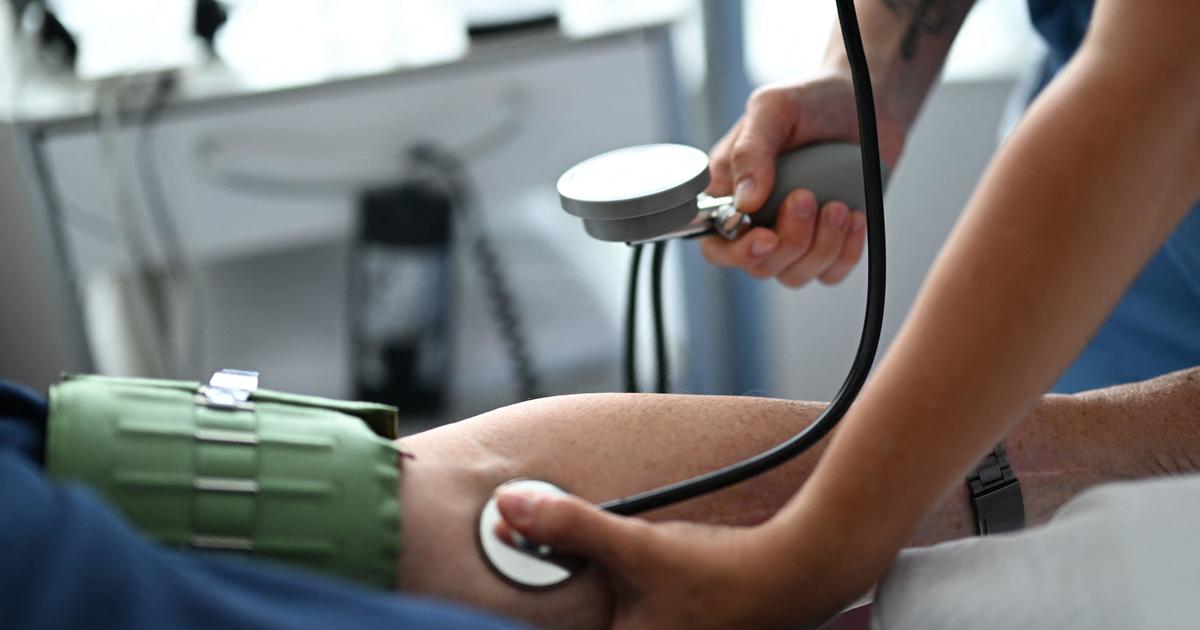'Liquid Biopsy' Could Detect Cancer-Causing DNA Years Before Symptoms Show, Study Finds
NEW YORK (CBSNewYork) -- A new blood test designed to detect cancer has been generating a lot of excitement in the medical community.
Researchers say it can pick up cancer years before a person starts showing symptoms, perhaps even before a tumor shows up on a scan.
As CBS2's Dr. Max Gomez reported, the goal is to find the cancer well before it forms a lump you can feel or see in a scan. Even a small, one centimeter tumor already has millions of cancer cells.
The new test being studied might finally find the cancer earlier by looking for tumor DNA in your bloodstream.
It's been called the "Holy Grail" of cancer detection research.
"We found that about ten cancers that we can see a biological signal in the blood stream, and we call that liquid biopsy," Dr. Eric Klein from the Cleveland Clinic said.
Those cancers include breast, colorectal, esophageal, head and neck, liver, lung lymphoma, multiple myeloma, pancreatic, and ovarian cancer.
The concept being the liquid biopsy is that even a tumor that's growing still has many cells that are dying off, and those dead cells spill their DNA into the bloodstream. Super-sensitive technology can detect the circulating DNA.
If that DNA matches known cancer genes or gene fragments, that means there's a malignancy somewhere in the body. It means doctors can begin treating the disease when the body's tumor load is much smaller.
Dr. Klein says it's exciting because effective screening tests don't currently exist for the cancers in question.
"These cancers tend to present with symptoms and advanced stage disease that are hard to cure," he said. "Our hope is with these preliminary results that this will be the basis of a blood test that allows us to detect these lethal cancers at a much earlier stage when they are far easier to cure."
The liquid biopsy would also reveal cancer's genetics, which could guide doctors as to which treatments might be most effective. The tests are still in the research stage, and it'll probably be another five to ten years before they're available.
Their first use will likely be early detection of a patient's cancer coming back, because doctors would already know what genes to look for from the original cancer surgery.



